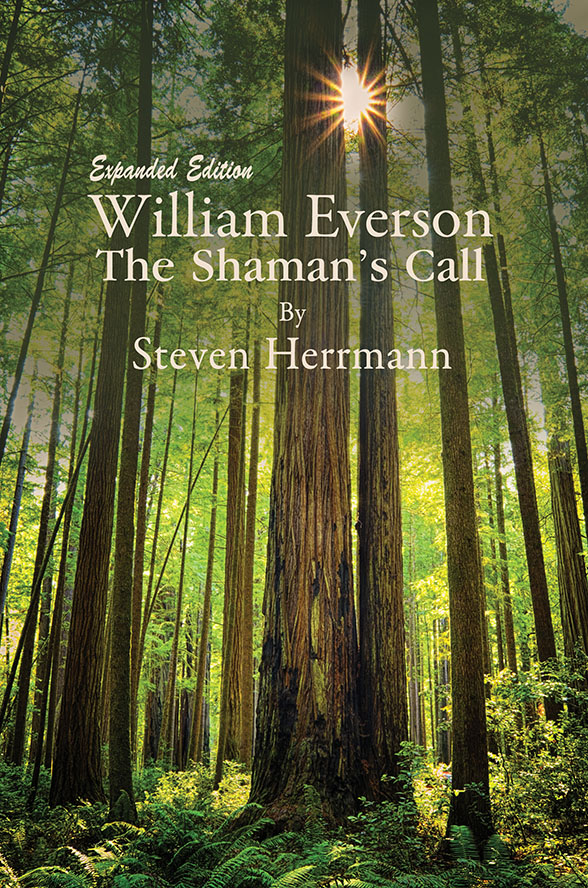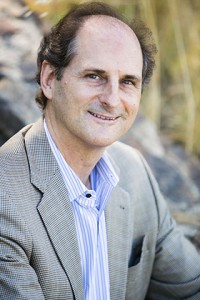Swami Vivekananda and C.G. Jung: Yoga in the West
About the Book
Yoga in the West, as taught by Swami Vivekananda and C.G. Jung, is a spiritual path of vocation, practiced with an attitude of non-attachment to the ego. At the same time, the Self shines through in all of one’s works, and one lives in the joy and peace of the higher man or woman within.
The vocation of Yoga in the West urges forward the spiritualization of world culture. Each person has a special calling, which he or she must follow, and through which we each may find our own path to freedom.
Man-making or woman-making, as Swami Vivekananda called it, means embracing one’s Self-path, not serving a Master greater than what one’s body and soul yearn for. Ultimately, it means listening to and living a meaningful, symbolic life while being true to one’s dreams, visions, and directives from the inner Yogi – the Rishi Within.
“We look forward to a collaboration with the Indian mind, knowing that the mystery of the psyche can be understood only when approached from opposite sides.” – C.G. Jung (1875-1961)
“California is the place where Vedanta will grow.” – Swami Vivekananda (1863-1902)
Says the author, “The year I began writing this manuscript marked the 150th anniversary of Swami Vivekananda’s birth. Vivekananda taught tirelessly that the world’s religions are One. This Self-centric teaching of Oneness is why I’m remembering him in this book.”
William Everson: The Shaman’s Cal: Expanded Edition
About the Book
 In 1991, author and Jungian psychotherapist Steven Herrmann was “called” by the poet-shaman William Everson to collaborate on writing a book. It is from that event that the subtitle of this book emerged, The Shaman’s Call. Its aim is to instill in readers that if one follows one’s calling from the shamanic archetype with the right attitude, it could culminate in true cosmic awareness. And, it would interconnect the psyche with nature, or what C.G. Jung called the “Self.”
In 1991, author and Jungian psychotherapist Steven Herrmann was “called” by the poet-shaman William Everson to collaborate on writing a book. It is from that event that the subtitle of this book emerged, The Shaman’s Call. Its aim is to instill in readers that if one follows one’s calling from the shamanic archetype with the right attitude, it could culminate in true cosmic awareness. And, it would interconnect the psyche with nature, or what C.G. Jung called the “Self.”
Such awareness is made clear through the transfiguring power of American poet-shamans, who transmit what they are called by nature to convey: that an experience of the Self is a life-altering experience. The calling can be transmitted by way of an animal power to a person through dreams, transformative relationships, in-depth psychotherapy, religious experiences, art, scientific endeavor, or through the hearing, reading or writing of shamanic poetry.
During the conversations with Everson, emerged a vision of the way shamanism has been portrayed in American poetry, from Herman Melville’s Moby Dick, to Walt Whitman’s Leaves of Grass, to Emily Dickinson’s The Complete Poetry, to what Everson achieved in his seminal poems, October Tragedy, The Encounter and Black Hills, and in his literature course at the University of California, Santa Cruz.
The conversations form a link between the 80-year-old poet-shaman and the 35-year-old Jungian author Steven Herrmann, who was just beginning to find his own wings as a poet. The Expanded edition commemorates William Everson’s birth on September 10, 1912. Herrmann co-organized three Centennial events to celebrate Everson’s work in the fall of 2012. Part II contains Seven Meditations: William Everson’s Basic Teachings on Vocation, a final conversation with Everson on vocatypes, and Herrmann’s Centennial essays and poems.
About the Author
Herrmann lives with his wife in the wooded hills of Oakland, California.